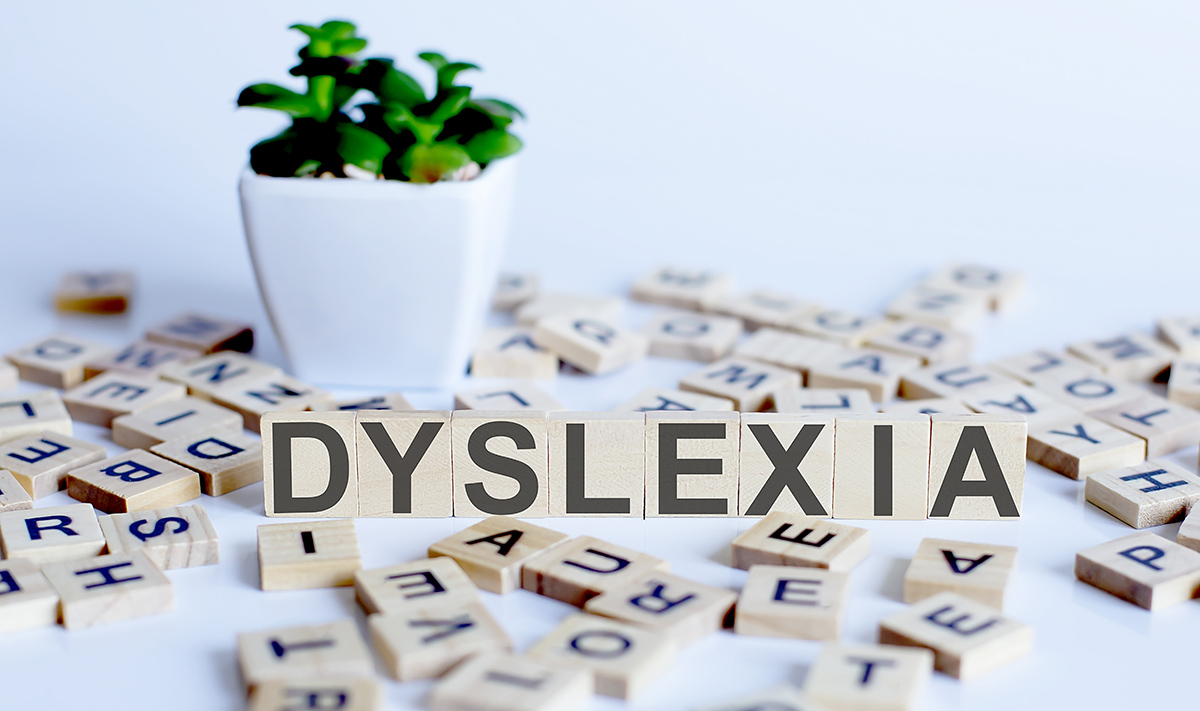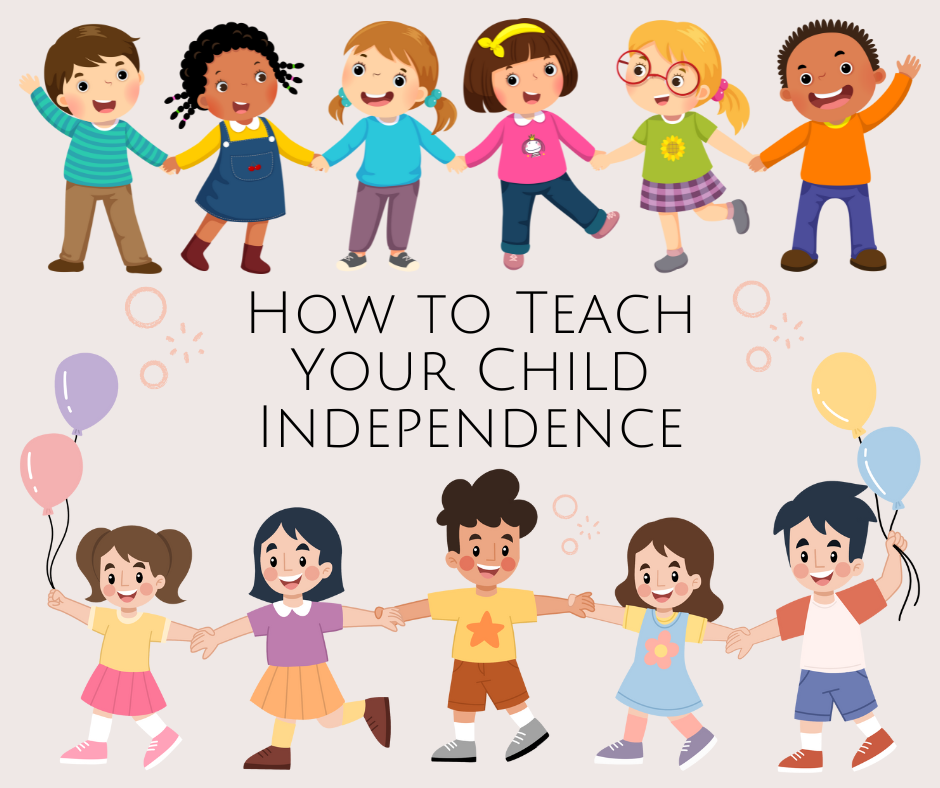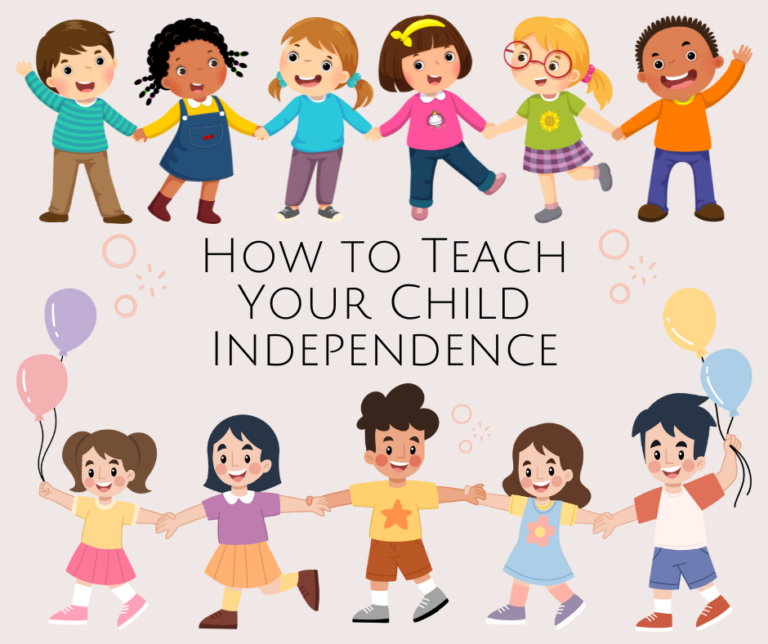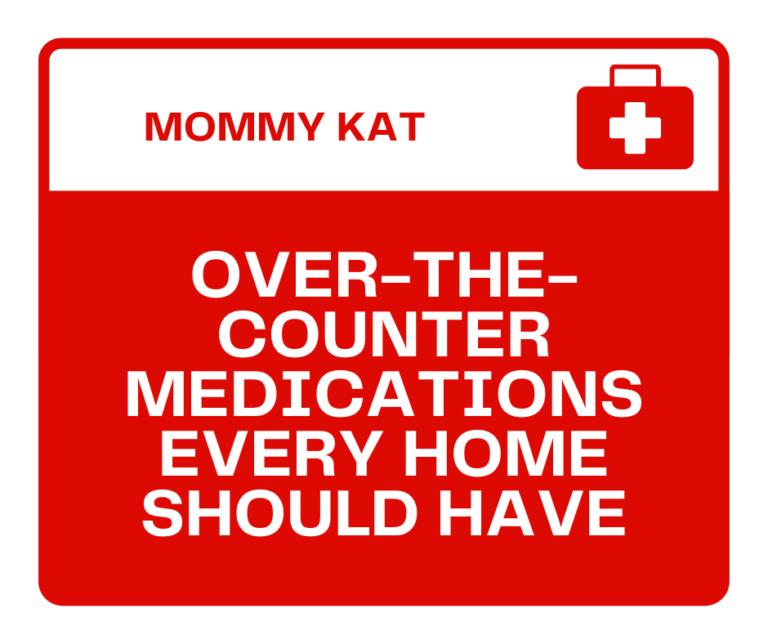Dyslexia is a learning disorder that affects reading skills. It is estimated that somewhere around 8 to 10 percent of the population has dyslexia, and it can occur in anyone regardless of intelligence or socioeconomic status. Parents with a diagnosed dyslexic child should learn more about their condition. It is important to learn as much as you can about the condition so that you can help your child overcome these challenges and thrive. This blog post will provide an overview of childhood dyslexia, including what causes it and how it impacts reading ability. While dyslexia has no cure, there are ways to help relieve the symptoms of the condition.
It is important to know that people are born dyslexic. An individual cannot have dyslexia in the later part of life. The condition is also hereditary, so if either you or your child’s father have dyslexia, the more likely your children are, as well.
The signs of dyslexia include:
- You may notice delayed speech and learning new words slowly.
- Have trouble forming the correct sounds for these tricky phrases, and it can take time before they get all of their letters in order so that you’re able to read them easily
- You might notice problems with reversing sounds of confusion between similar-sounding word pairs like “babysitter” versus “playdate.”
- Your little one also might struggle remembering which letter goes where.
Their reading level may be significantly behind their age group and will struggle significantly with language arts classes. If you notice that your child’s reading ability is not where it should be by elementary school, then it is time to seek an evaluation.
Diagnosis
The diagnosis used to evaluate a child’s condition is composed of several factors. Diagnosis of dyslexia is done by several screening tests. The evaluation of a child’s condition will be based on a wide range of parameters. The interviewer might note the medical history and home environment of a child. Your child may be asked to take reading tests, answer a questionnaire, or be screened for a neurological exam.
Treatment
If a child psychologist or other professional informs you that the problem is indeed dyslexia, inform your child’s school so that they can get the accommodations they need. Enrollment in a special education program may be the best decision for a child with a significant delay in learning. This is nothing to be ashamed of. It simply shows that you are doing your job as a parent.
It is possible for signs of another neurological condition, such as a learning disability or attention-deficit hyperactivity disorder (ADHD). If you have any further questions or speculations about your child’s development, it is crucial to address all of them with your child’s pediatrician or evaluator so that you can get them the help they need.
Strategies that focus on building phonemic awareness and word decoding are often the most successful for children with dyslexia. It is also important to remember that a diagnosis does not mean the end of the world. There are plenty of successful people who have dyslexia, including Keira Knightley, Jay Leno, and Whoopi Goldberg. Remember: nobody is 100% “normal!” That is simply a setting on a washing machine.










